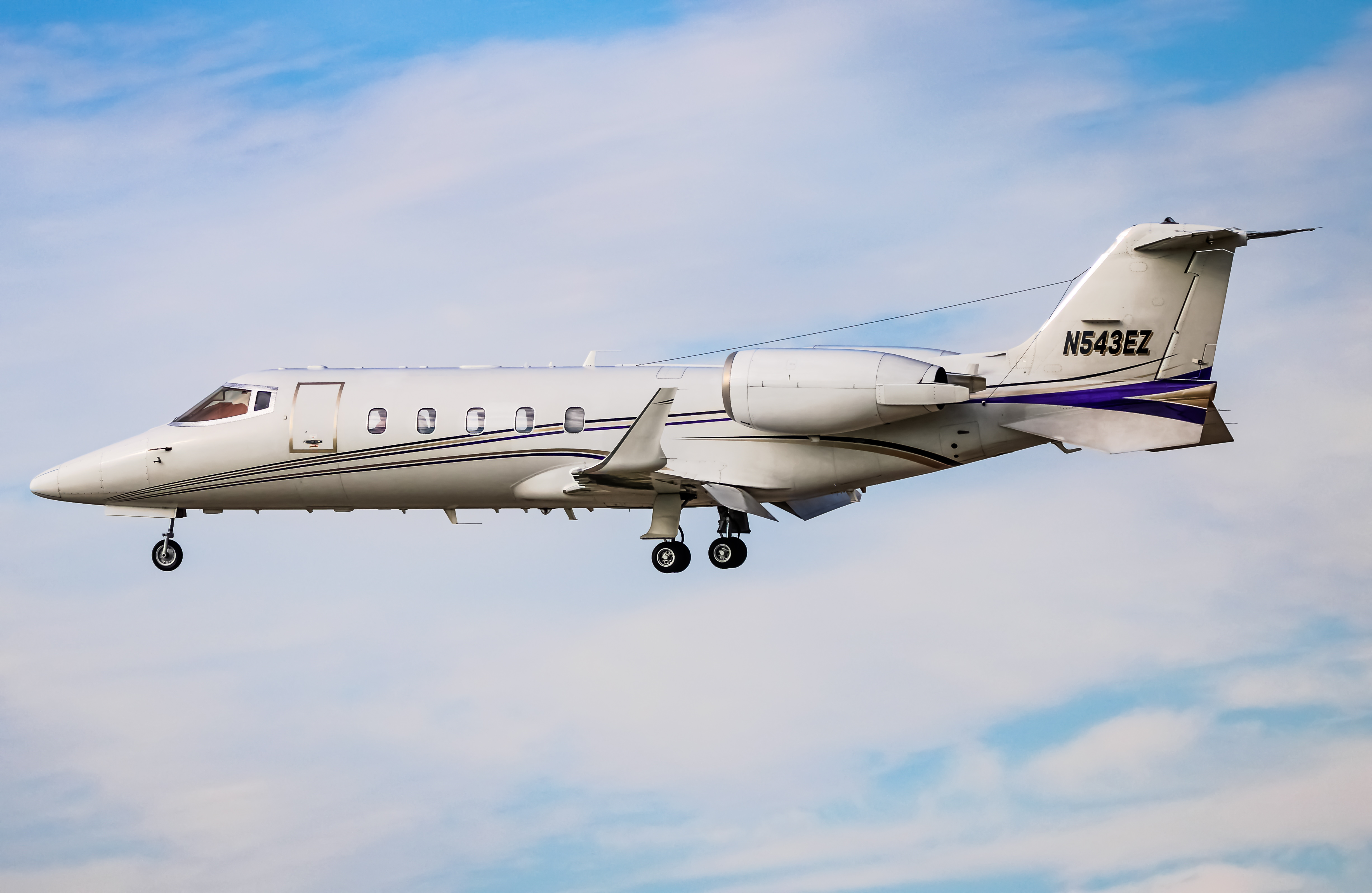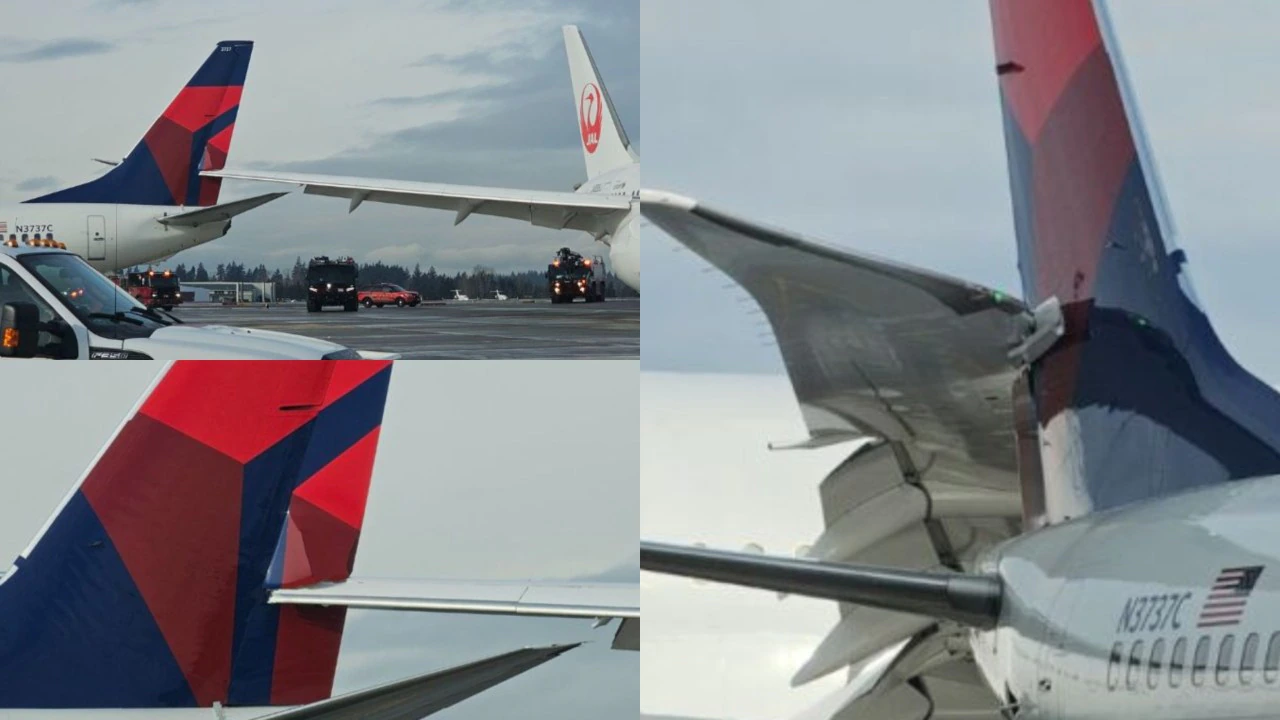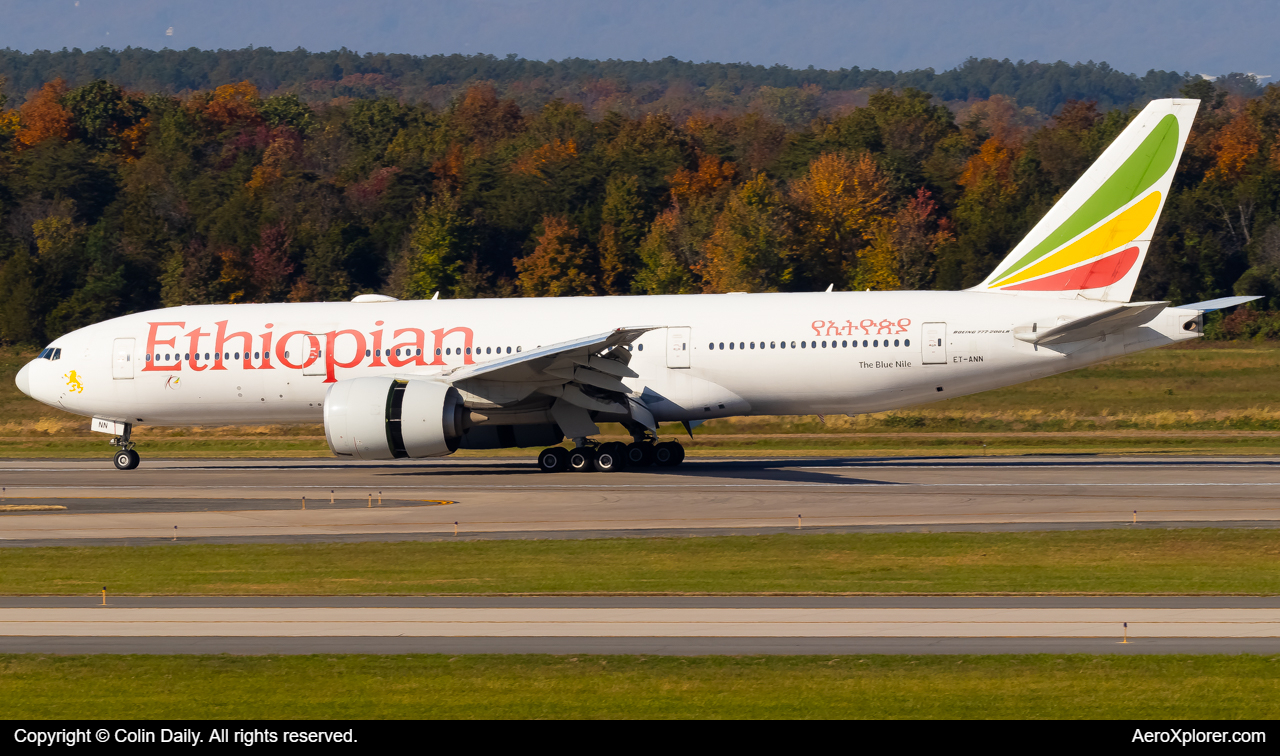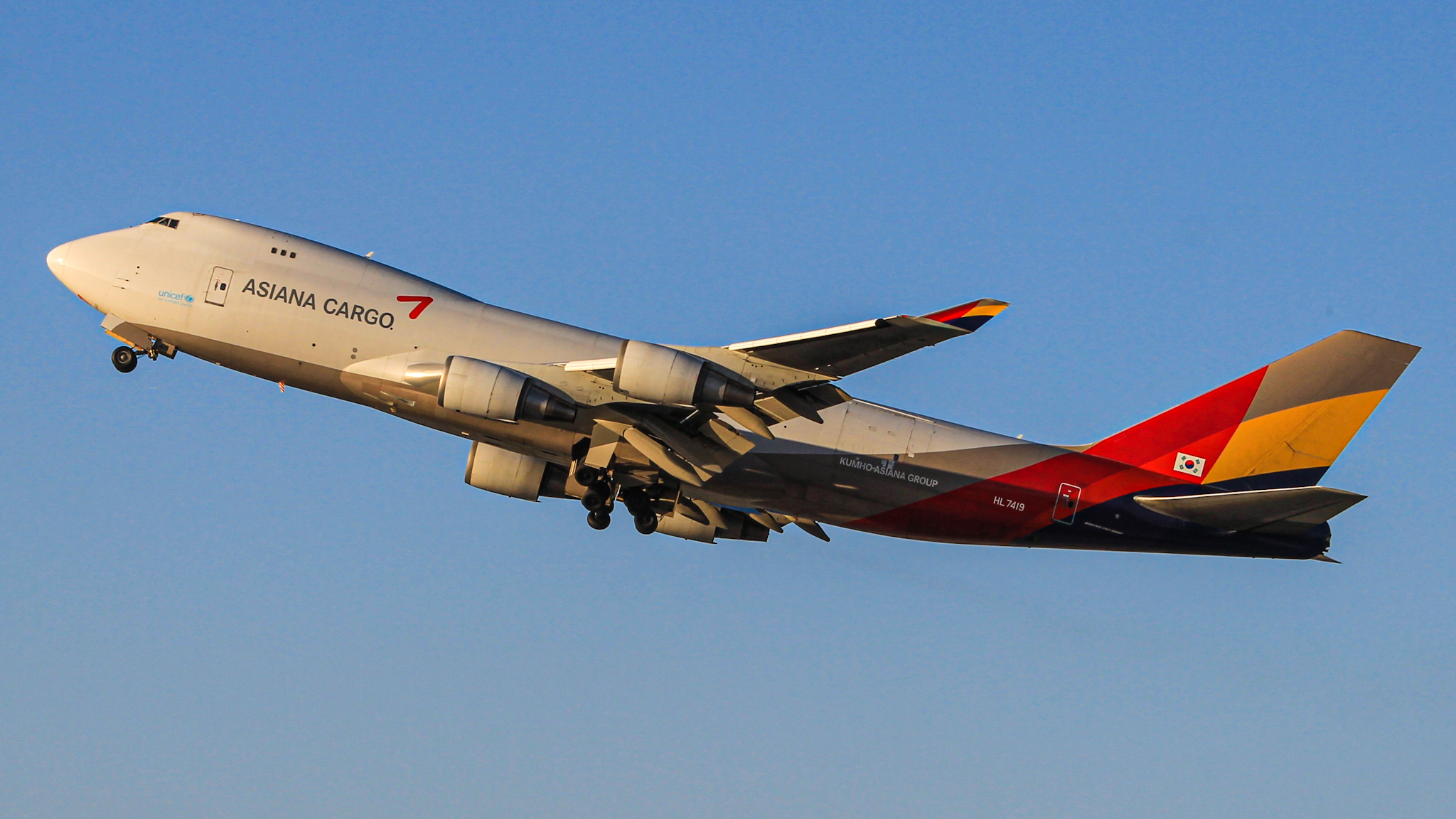Korean Air and Asiana Airlines recently reported their 2020 earnings. Both surprisingly surpassed expectations by posting a profit led by their cargo operations, in an industry filled with large losses.
Korean Air reported an operating profit of 148.5 billion Korean won ($125 million USD) with a net profit of 162.4 billion Korean won. Last year, the carrier reported a loss of 380.7 billion Korean won.
The carrier reported a 44% decline in revenue year over year with 1.6 trillion Korean won in revenue (1.425 billion USD). Cargo revenue for the carrier almost doubled with a 94.6% increase with 1.23 trillion Korean won in revenue, helping boost its earnings towards a profit.
Additionally, Korean Air was able to cut its operating expenses by 50.6% compared to Q1 largely in part due to a lower price of fuel and cost cuts in certain areas. For example, fuel costs for Korean Air decreased by 78.9% while non-fuel costs decreased by 40.6%.
Korean Air has focused heavily on its cargo operations. Korean Air states that it has fully maximized its cargo freighter capabilities. However, the carrier wants even more cargo capacity, seeking permission with the Korean Ministry of Land, Infrastructure, and Transport to convert some of its Boeing 777-300ER's to carry cargo in the cabin.
Similarly, Asiana Airlines broke a streak of losses recently via a large surge in cargo revenue. The carrier showcased a surprise operating profit of 115.1 billion Korean won ($96.9 million). Last year, the carrier reported a 107.03 billion Korean won loss. Revenue was down 44.7 percent year over year and 22.7 percent compared to Q1 with 816.8 billion Korean won.
Asiana posted a 95% gain in cargo revenue with 639.1 billion. An Asiana Airlines spokesperson states, "Increased cargo deliveries on long-haul routes to the United States and Europe helped offset a sharp decline in passenger travel demand amid growing virus woes."
Currently, Asiana Airlines is in the midst of an acquisition deal which may fall through. HDC Hyundai Development wants to acquire Asiana Airlines. However, talks may be falling through as HDC Hyundai says that they will blame Asiana and its parent company Kumho Industrial, if talks fall through. They blame mismanagement by Kumho for present conditions. Rumor shows that HDC may be building a case against Asiana for a lawsuit.
Many carriers have not been as fortunate as Korean Air and Asiana Airlines in terms of operating profit. For example, Jeju Airlines, a low cost carrier in Korea, posted an operating loss of 83.15 billion won ($69.96 million USD). The largest airlines in the U.S. reported large losses. For example, American Airlines posted a loss of $2.1 billion dollars with revenue dropping 86% percent.
What are your thoughts on Korean Air's and Asiana Airlines positive earnings results? Leave your thoughts in the comments below.
Comments (0)
Add Your Comment
SHARE
TAGS
NEWS Korean Air Asiana Airlines Korean Air Cargo Asiana Airlines Cargo cargo revenue earningsRECENTLY PUBLISHED
 Learjet Owned By Vince Neil Crashes Into Gulfstream Jet, 1 Fatality Confirmed
On February 10th, around 14:30 local time, a Learjet private jet aircraft crashed into another private jet after landing at Scottsdale Airport (SCF) in Arizona.
NEWS
READ MORE »
Learjet Owned By Vince Neil Crashes Into Gulfstream Jet, 1 Fatality Confirmed
On February 10th, around 14:30 local time, a Learjet private jet aircraft crashed into another private jet after landing at Scottsdale Airport (SCF) in Arizona.
NEWS
READ MORE »
 Seattle Plane Strike 2025: Japan Airlines and Delta Collision Raises Safety Concerns
Seattle-Tacoma International Airport saw a concerning incident on Wednesday morning when a Japan Airlines (JAL) plane clipped a parked Delta Air Lines jet while taxiing. Thankfully, no one was injured, but passengers described the collision as a frightening experience.
NEWS
READ MORE »
Seattle Plane Strike 2025: Japan Airlines and Delta Collision Raises Safety Concerns
Seattle-Tacoma International Airport saw a concerning incident on Wednesday morning when a Japan Airlines (JAL) plane clipped a parked Delta Air Lines jet while taxiing. Thankfully, no one was injured, but passengers described the collision as a frightening experience.
NEWS
READ MORE »
 Ethiopian Airlines Expands Cargo Fleet with New Boeing 777 Freighter
Ethiopian Airlines has expanded its cargo fleet with a brand-new Boeing 777 Freighter, registered as ET-BAB (MSN 68140). The aircraft was delivered directly from Boeing’s factory in Everett, Washington, USA, and landed at Addis Ababa Bole International Airport at 3:41 PM (GMT+3) on Wednesday, January 22, 2025.
NEWS
READ MORE »
Ethiopian Airlines Expands Cargo Fleet with New Boeing 777 Freighter
Ethiopian Airlines has expanded its cargo fleet with a brand-new Boeing 777 Freighter, registered as ET-BAB (MSN 68140). The aircraft was delivered directly from Boeing’s factory in Everett, Washington, USA, and landed at Addis Ababa Bole International Airport at 3:41 PM (GMT+3) on Wednesday, January 22, 2025.
NEWS
READ MORE »





